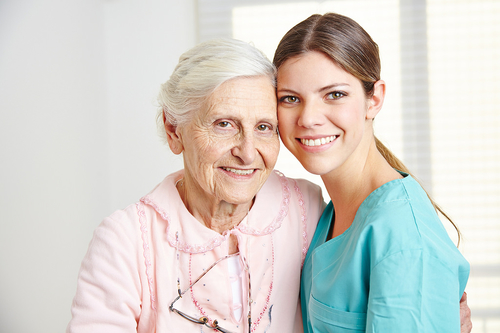
One of the biggest issues facing seniors is getting proper care. This is because there are a lot of senior stereotypes that medical personnel have in their heads. This stops seniors from getting proper medical care. Now schools are making sure that medical students learn that all seniors aren’t alike.

Medical Students Learn that All Seniors Aren’t Alike
At Weill Cornell Medicine in New York, students are chatting with senior citizens. One of the seniors is Elizabeth Shepard, who is 82-years-old. She was invited as part of an anti-ageism program called “Introduction to the Geriatric Patient.”
Students ask if there are any health issues, recent falls, and other such standard questions.
Shepherd is also a working actor who teaches Shakespeare at Stella Adler Studio of Acting. She tells the students her life story, making her seem like a whole person instead of a stereotype.
“It’s important that they don’t think life stops as you get older. So I decided I would be frank with them.”—Ms. Shepherd
How This Program Was Developed
Dr. Ronald Adelman, co-chief of geriatrics at Weill Cornell, developed this annual program. He did this when he realized that medical students had a distorted view of older adults.
“Unfortunately, most education takes place within the hospital. If you’re only seeing the hospitalized elderly, you’re seeing the debilitated, the physically deteriorating, the demented. It’s easy to pick up ageist stereotypes.”— Dr. Adelman
These stereotypes affect how seniors get treated. They are often dismissed. Their problems treated as if their age is the problem—not an actual health problem.
Many seniors are also talked down to because doctors use ElderSpeak.
At least 20 medical schools in the US have done similar programs to decrease ageism healthcare. One program in South Carolina matches students with older patients to follow throughout their schooling.
The hope is that programs like this will encourage people to go into geriatric care, which desperately needs doctors. It’s not the highest-paid area, and that makes it hard for doctors to pay off their loans.
Read more here.

